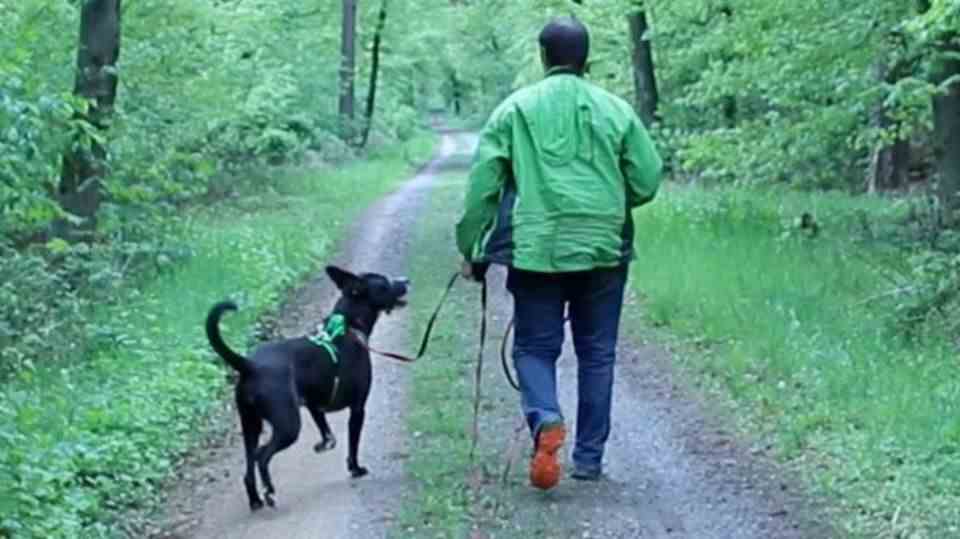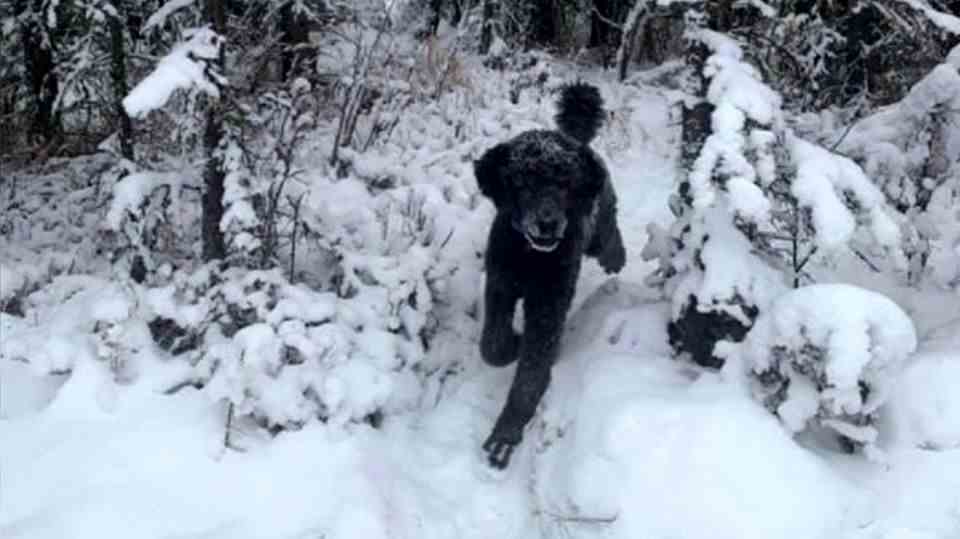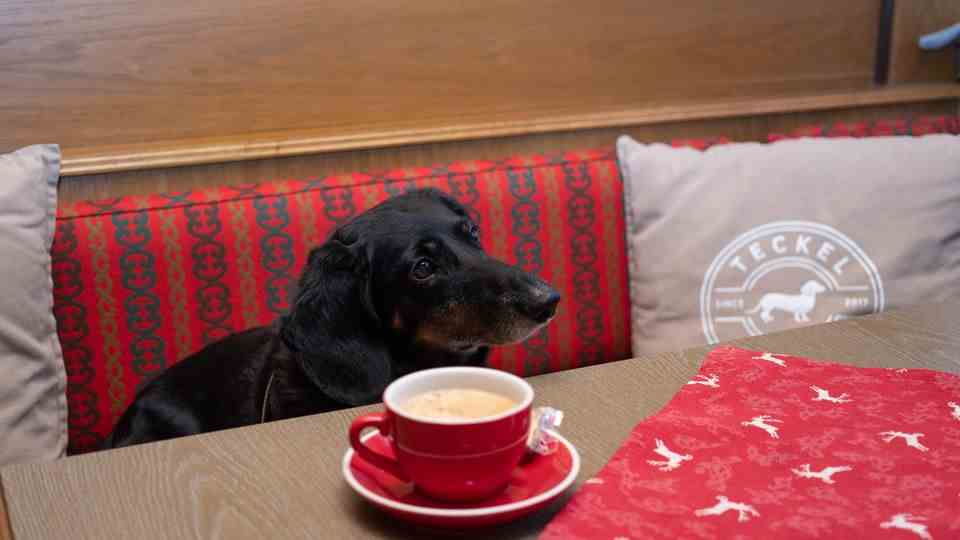“PetNow”
App saves dogs’ nose prints – and can therefore help to find lost animals
The biometric data of the dog’s nose are registered in the app together with the owner data and can help that two- and four-legged friends find each other quickly (symbolic photo)
© Dame Deeso / Getty Images
A Korean start-up’s app uses biometric recognition to track lost dogs.
Dogs’ noses are best known for being good at distinguishing different objects by sniffing. Countless nerve tracts converge in it – it is up to 100 million times more sensitive than the human nose. In addition, the animal noses can also be used to identify dogs, since the nose print of each dog is almost as unique as a fingerprint. The Korean startup “Petnow” has now designed an app that can save dog nose prints, as the Korean technology portal koreatechdesk summarizes.

The app allows owners to report a registered dog as missing and then be notified when the dog’s noseprint is interrogated by someone who found the dog. The company advertises an average hit rate of 98.97 percent for identification. According to koreatechdesk, the company hopes that the technology will be able to help many dog owners who have lost their four-legged friends.
New dog app as an alternative to the microchip
As soon as a camera is started in the app, it automatically tracks a nose to be scanned and captures a nose print that is as detailed as possible. The dog’s biometric data in the app is registered along with the owner data. “The AI-driven identification developed by ‘Petnow’ using dog nose prints can help insurance companies and other pet-related services, especially hotels, clinics or training programs, to better identify dogs using only smartphones and the app,” says one Company spokesman in an interview with the technology portal koreatechdesk.

The route via nose identification could be interesting for dog owners, for example, who do not want to give their dogs a microchip. After all, implementation is associated with pain and costs. Since non-chipping is not (yet) legally provided in Germany, this possible advantage is only theoretical. Dogs with a withers height of at least 40 centimeters or a weight of more than 20 kilograms must wear a chip in Germany.
The app is currently only available for dogs, but additional features are planned to be rolled out by the end of 2022. So it is quite conceivable that cat owners will also be able to scan the nose print of their darlings in the future in order to find them more easily using the app.
Sources: koreatechdesk, “Petnov”, BBC


